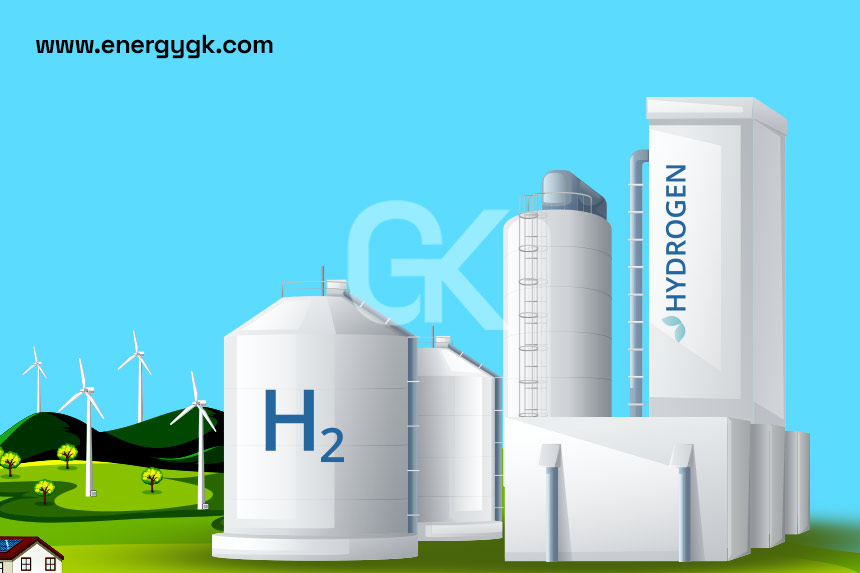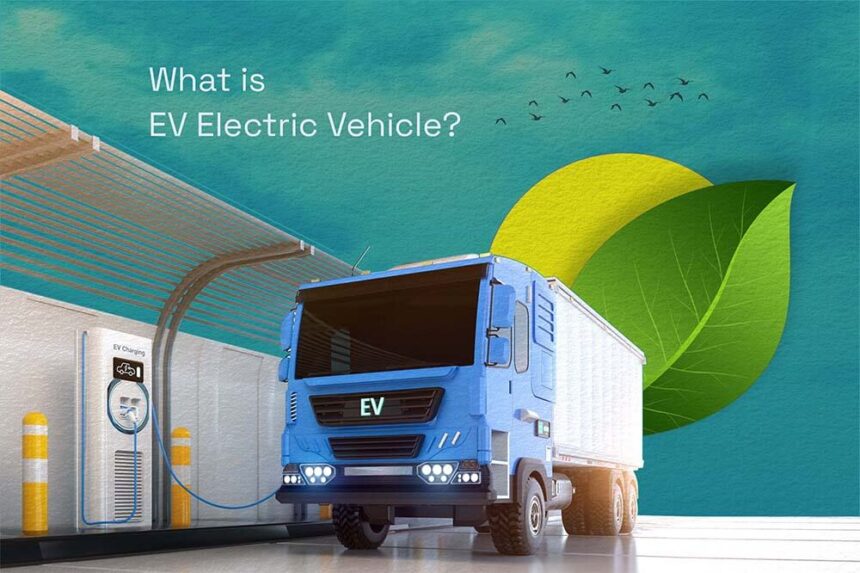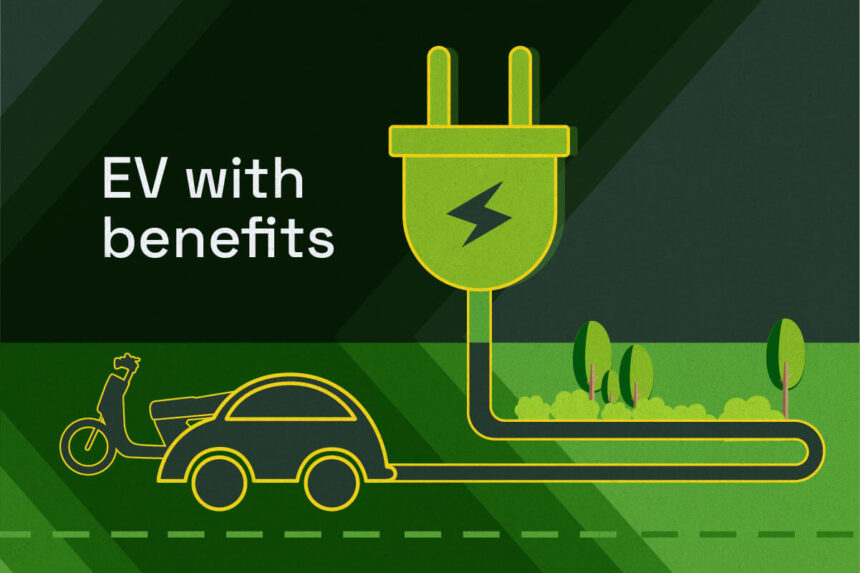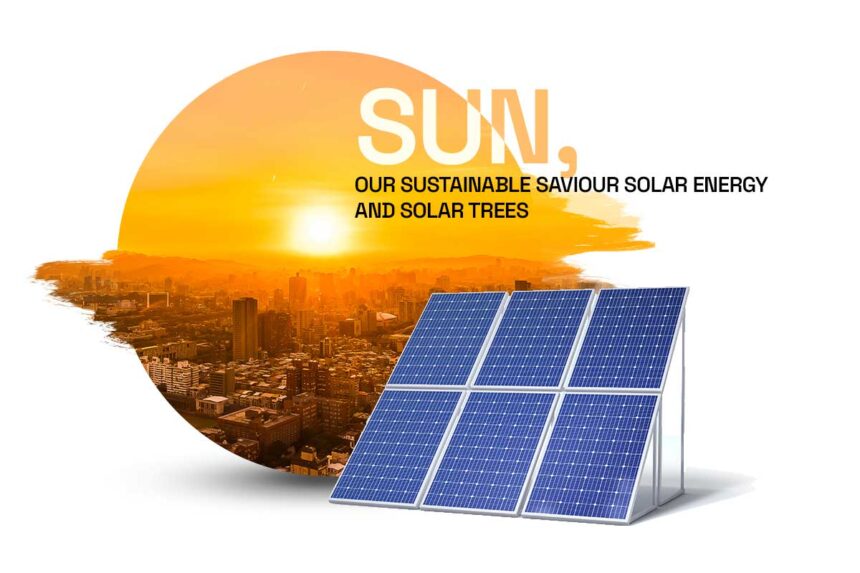An increasingly important component of the switch to renewable energy is solar farms. A sustainable and environmentally beneficial power source these massive arrays of solar panels are made to absorb sunlight and transform it into electricity. The construction of solar farms does however entail a number of advantages and factors especially with regard to environmental impact and efficient land use. In our search for sustainable energy lets examine these facets to better grasp the possibilities and difficulties presented by solar farms. advantages for solar farms.
1. Producing Renewable Energy.
The ability of solar farms to produce clean renewable energy is their main advantage. In the fight against climate change and to reduce greenhouse gas emissions solar power helps to offset the use of fossil fuels. Because solar farms are becoming a more practical option for producing energy on a large scale solar farms efficiency is increasing as technology develops.
2. Land Use Effectiveness.
Solar farms are frequently situated on land that might not be appropriate for other kinds of development like areas that are semi-arid or arid. In doing so underutilized land is optimized for land use by creating sites that can produce energy. In addition a concept known as agrivoltaics allows solar farms to be built to coexist with agricultural practices. With this dual-use strategy land use efficiency is maximized by allowing crop production and energy generation on the same plot of land.
3. Growth in the Economy and Employment.
Numerous industries including engineering construction and operations benefit from the development building and upkeep of solar farms employment opportunities. These initiatives can boost regional economies by creating jobs and enticing capital to be invested in infrastructure for renewable energy sources.
4. Autonomy in Energy.
Nations and communities can lessen their reliance on imported energy sources by investing in solar farms. Better energy security can result in more stable energy prices which is advantageous for both consumers and businesses.
Things to Take into Account When Creating Solar Farms.
1. Effect on the Environment.
Although they have a lot to offer the environment solar farms may also have disadvantages. Local ecosystems and wildlife habitats may be harmed by the installation of massive solar arrays. In order to reduce these effects and put policies in place to safeguard biodiversity it is essential to carry out comprehensive environmental impact assessments.
2. Conflicts over Land Use.
The installation of solar farms necessitates large land areas which may cause conflicts with other land uses like housing agriculture and conservation. To prevent conflicts over land use it is crucial to find locations for solar farms that are suitable while also taking into account the demands of various stakeholders.
3. Utilization of Resources.
The utilization of energy and raw materials occurs during the manufacturing and installation of solar panels. Even though solar panel manufacturing and recycling have a much smaller overall environmental impact than fossil fuels it is still critical to keep enhancing their sustainability.
4. Energy storage and intermittency.
Because solar energy production depends on sunshine it is a variable power source. To guarantee a steady and dependable supply of electricity this calls for the incorporation of energy storage technologies such as batteries. To overcome this obstacle and optimize the performance of solar farms technological advancements in energy storage are essential.
5. Policies and Regulatory Structures.
Policies and regulations that support solar farm development are necessary for their successful implementation. Clear regulations for land use and environmental protection must be established by the government along with incentives and streamlined permitting procedures. The establishment of a favorable climate for the expansion of solar energy requires cooperation between the public and private sectors.
Conclusion
For producing clean energy and optimizing land use efficiency solar farms offer a viable option. We can optimize solar powers environmental impact while optimizing its power output by taking into account both logistical and environmental factors. Solar farms will be essential to our progress toward a sustainable and energy-independent future as long as we keep innovating and investing in renewable energy.






